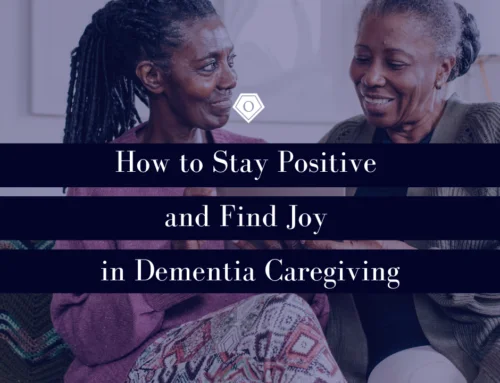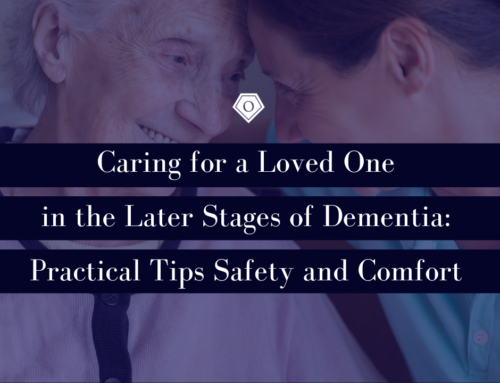According to the American Geriatrics Society, many seniors take over ten different medications, with 80% of seniors juggling multiple health conditions. Common conditions include heart disease, diabetes, lung disease, arthritis, Alzheimer’s disease, COPD, stroke, Parkinson’s disease, and sensory loss.
Unfortunately, seeing different doctors for each condition can make it challenging to maximize the quality of life.
Too many cooks in the kitchen can also lead physicians to overlook prescriptions and treatments by other doctors. Patients and caregivers must give doctors a full view of chronic issues, medications, and treatments.
Here are a few ways to improve communication with doctors:
-
Tell the doctor about your senior’s priorities for care (lifestyle/comfort/side effects)
- What medications align with your loved one’s lifestyle, comfort, and specific health needs?
- Get options. Different medications might reach the same treatment goal with fewer side effects.
-
Ask the doctor about the benefits and risks of treatment.
- How will each option influence comfort, overall wellbeing, and overall health?
- Keep an open mind when considering different options, as aggressive treatments may or may not be in your loved one’s interest.
-
Get a detailed treatment plan for all health conditions.
- Get treatment in writing about how new treatments and medications can be added to the current plan.
- What medications can be taken together? At what time should medications be taken? Should medications be taken on an empty or full stomach?
-
Track symptoms and progress.
- “Keeping notes on one’s health has been shown to be a tool for improving it,” according to Pew Research Center.
- Tracking conditions accurately can give physicians a better picture of progress and what might need to change for overall quality of life.
-
Enlist professional health for physical support and medication management from home. Home health care professionals can:
- Help coordinate health care appointments.
- Drive and accompany clients to medical appointments.
- Pick up prescriptions and provide medication reminders.
- Supervise exercise and other recommended activities.
- Grocery shop and prepare meals, including special diets.
- Provide housekeeping and laundry, and remove fall hazards.
- Assist with bathing, dressing, grooming, and toileting.
- Provide memory care supervision and companionship.
At Onyx Home Care, our skilled home care staff provides comprehensive, clinical home care services to Daytona Beach and surrounding areas. We utilize a system that involves the patient, physician, family and caregiver. Learn more.
Choosing long-term care is a burden that often falls to adult children and family caregivers. Our team is here to support you throughout the journey. Download our booklet to explore options that are right for your aging loved one and family. Download the booklet here.






